Episode 15 of Season Two of the We’re Not Stumped podcast features Penta Medical Recycling. My guests from this great organization are founder Henry Iseman, Deputy Director Anna Szczepanek and Director of Operations Mijamin Strong.
The organization was founded in 2016, when a group of university students established Penta Medical Recycling with a dual mission: to make affordable prosthetic care accessible in low- and middle-income countries while repurposing medical waste in the United States.
This initiative stemmed from the recognition that a staggering 85-95% of the world’s 100 million amputees lacked access to proper prosthetic care and equipment. Meanwhile, hundreds of thousands of still functional but slightly outdated prostheses were being replaced and discarded annually in the United States.
Penta discovered a solution to address both of these pressing issues simultaneously. By collecting and refurbishing used prosthetic and orthotic equipment in the United States, they could declutter private homes, ease the burden on clinics responsible for disposing of unusable devices, and, most importantly, restore the ability to walk, work, and thrive for amputees worldwide.
In 2018, Penta Medical Recycling was officially incorporated as a 501(c)(3) nonprofit organization. Since then, it has evolved into a global operation collaborating with government health agencies, both private and public healthcare institutions, and various nonprofit organizations, both within the United States and internationally. Penta’s operations have expanded to encompass 16 different countries across six regions worldwide.
Links:
Penta Medical Recycling Website: https://pentaprosthetics.org
Penta Medical Recycling Facebook: https://www.facebook.com/penta.medical.recycling/
Penta Medical Recycling Instagram: https://www.instagram.com/penta.medical.recycling/
Penta Medical Recycling LinkedIn: https://www.linkedin.com/company/penta-medical-recycling/
#amputee #amputeelife #amputeestrong #prosthetics #prostheticleg #amplife #amputation #limbloss #amputees #adaptiveathlete #disability #amputeefitness #prosthetic #prosthesis #disabled #adaptive #iamadaptive #amputeelifestyle #oneleg #amputados #bionic #inspiration
Watch on YouTube
Listen on Spotify
Peripheral Artery Disease (PAD) affects millions worldwide — yet most people don’t recognize the warning signs until it’s too late. In this powerful episode of We’re Not Stumped, host Mike Bolland welcomes Emmy Award-winning journalist and Global PAD Association co-founder Kym McNicholas to explain what PAD is, how it causes poor circulation, and why early detection is critical in preventing amputation. Kym shares her inspiring journey from covering a medical story to becoming one of the leading advocates for PAD awareness and patient empowerment. She sheds light on how education, proper diagnosis, and access to the right care can literally save limbs — and lives.
In Part 1 of this special episode, host Mike Bolland sits down with Emmy Award–winning journalist and Global PAD Association founder Kym McNicholas for an impromptu, post-interview discussion that turned into an insightful recording. What started as a quick chat evolved into a powerful conversation about Peripheral Artery Disease (PAD), early detection, and Kym’s mission to raise global awareness and prevent unnecessary amputations.
After a life-threatening illness led to multiple amputations, Karlene Martinez refused to give up. In this powerful episode of We’re Not Stumped, host Mike Bolland talks with Karlene about her incredible path from septic shock and paralysis to recovery, faith, and advocacy. Karlene opens up about: 💪 Her battle with sepsis, Guillain-Barre syndrome, and months of rehabilitation 🦿 Adjusting to life with prosthetics and finding the right fit ❤️ Overcoming anxiety and depression through faith and gratitude 🌟 Empower Fest, Ability360, and finding inspiration in the adaptive community 👣 The importance of peer support through groups like Encompass Health and community ambassadors Karlene’s story is one of resilience, faith, and limitless determination—a reminder that even after life-changing loss, there’s always a way forward.

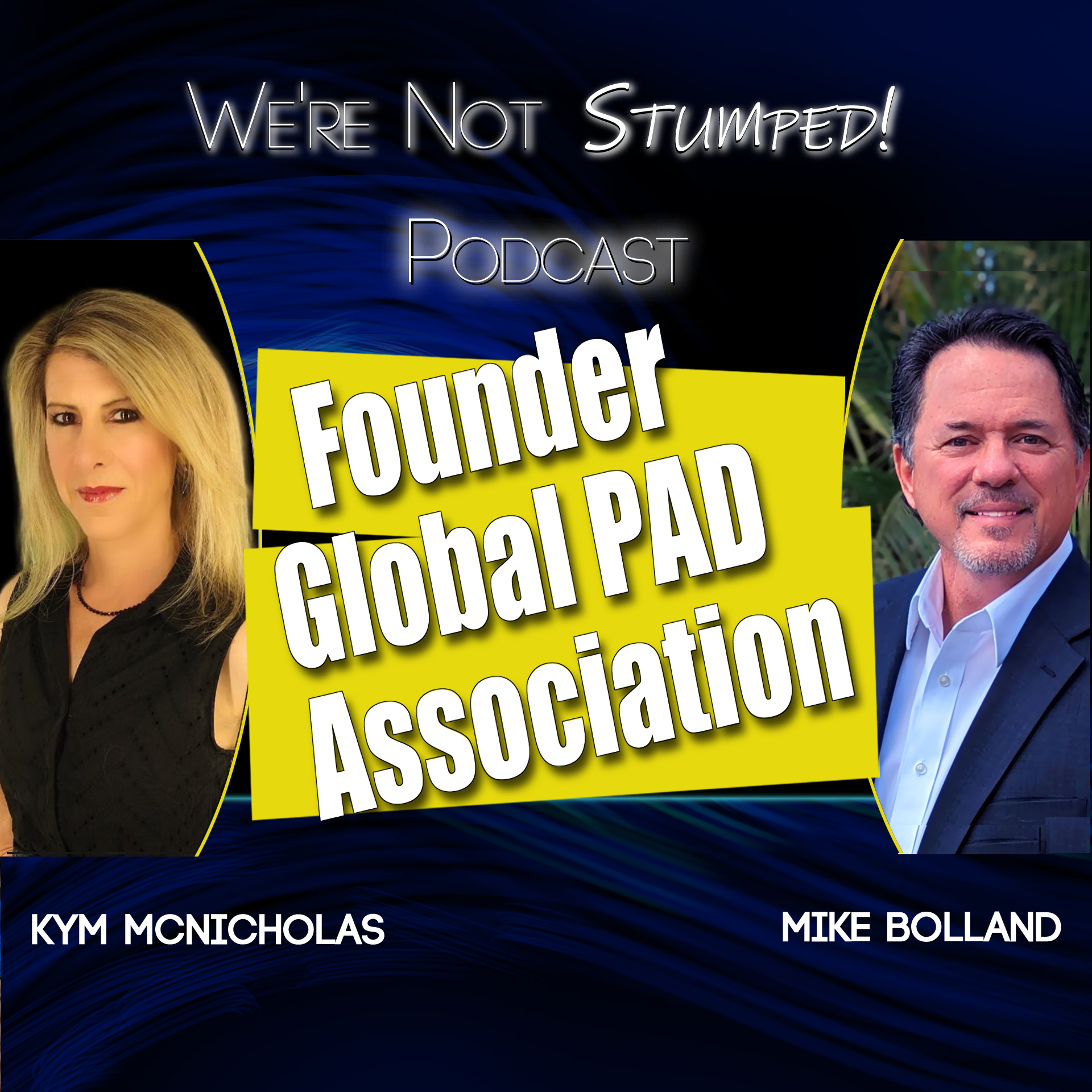
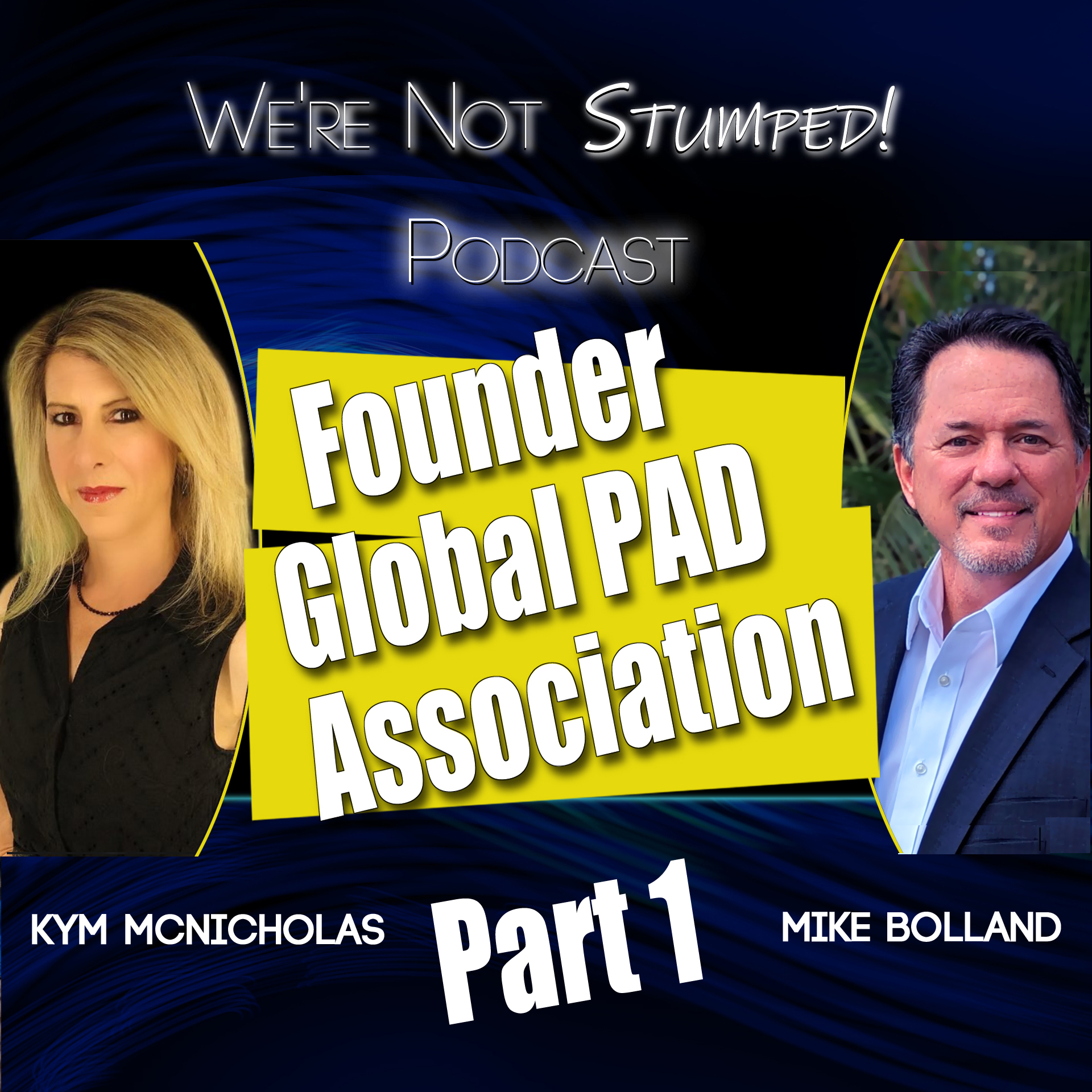
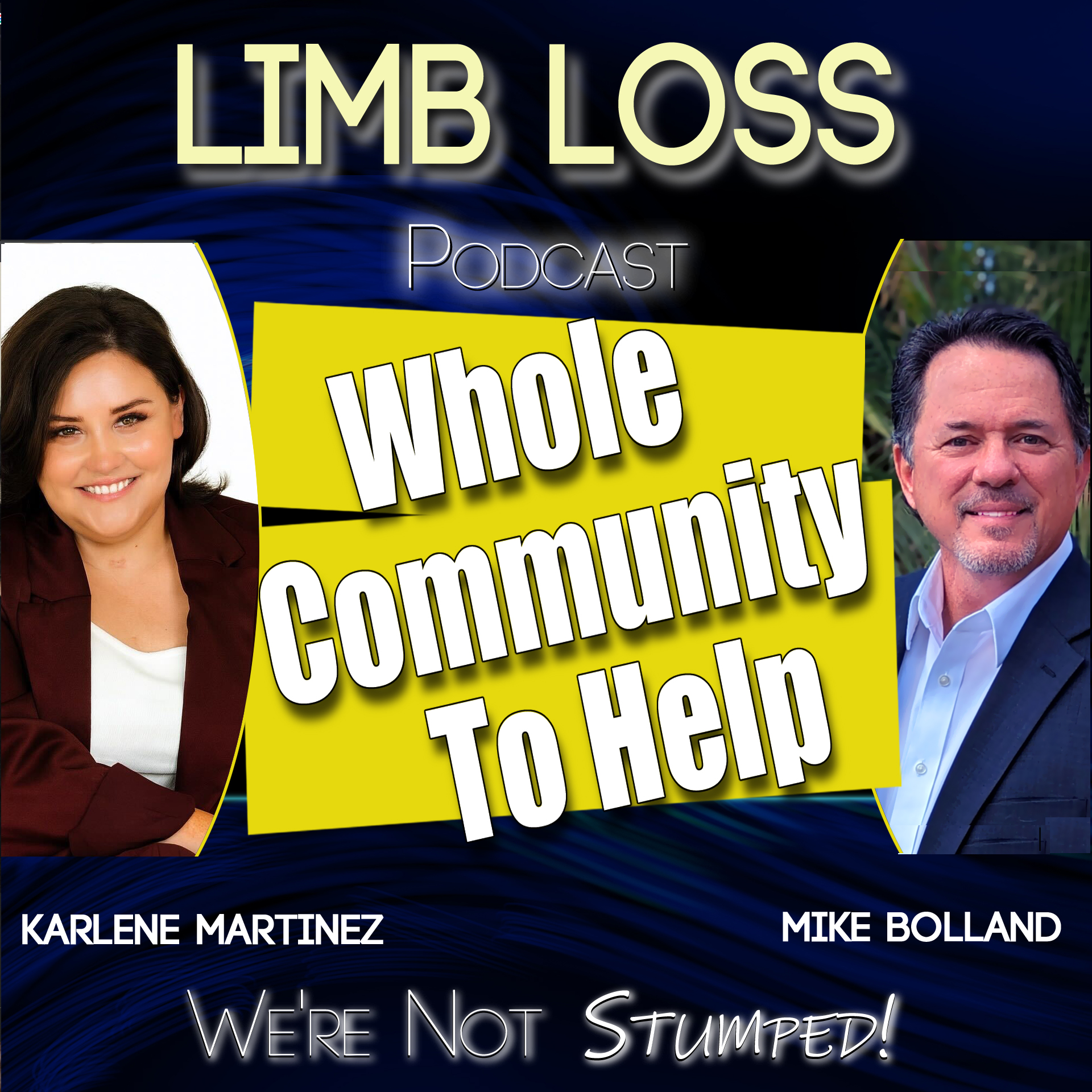
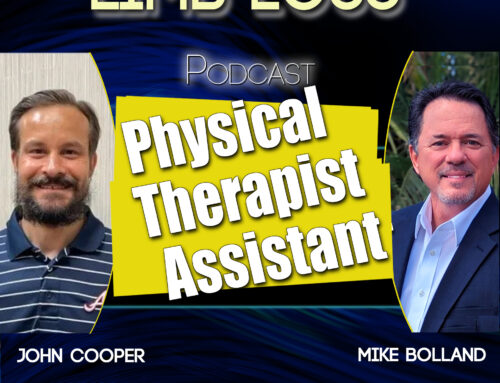
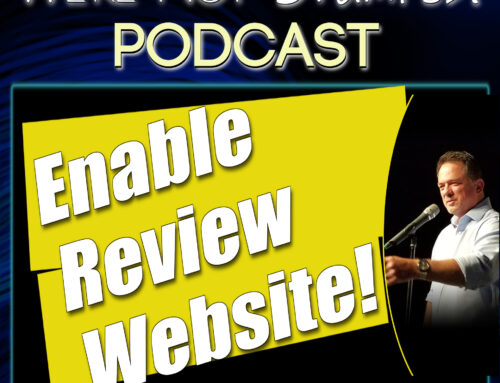
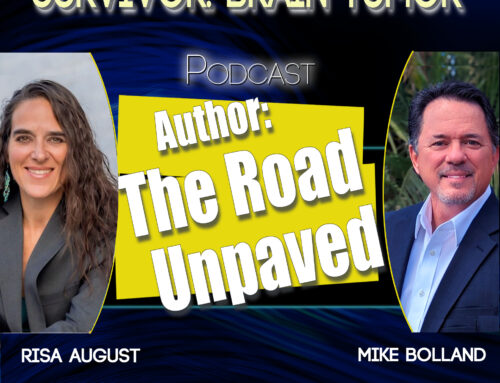
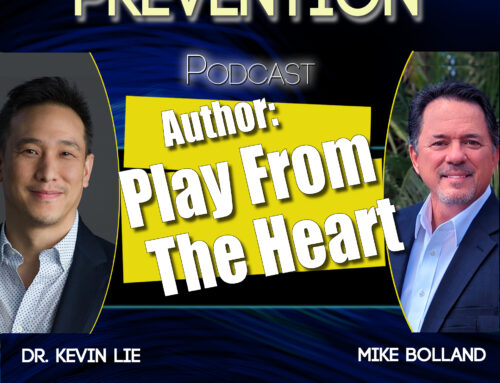
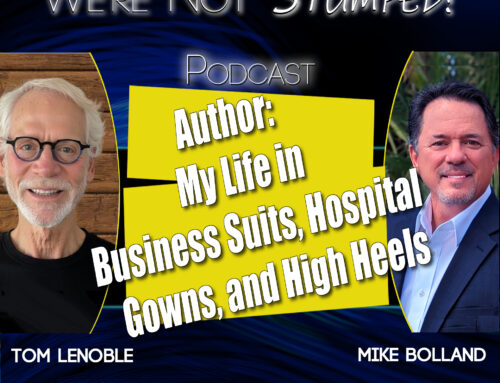
Leave A Comment